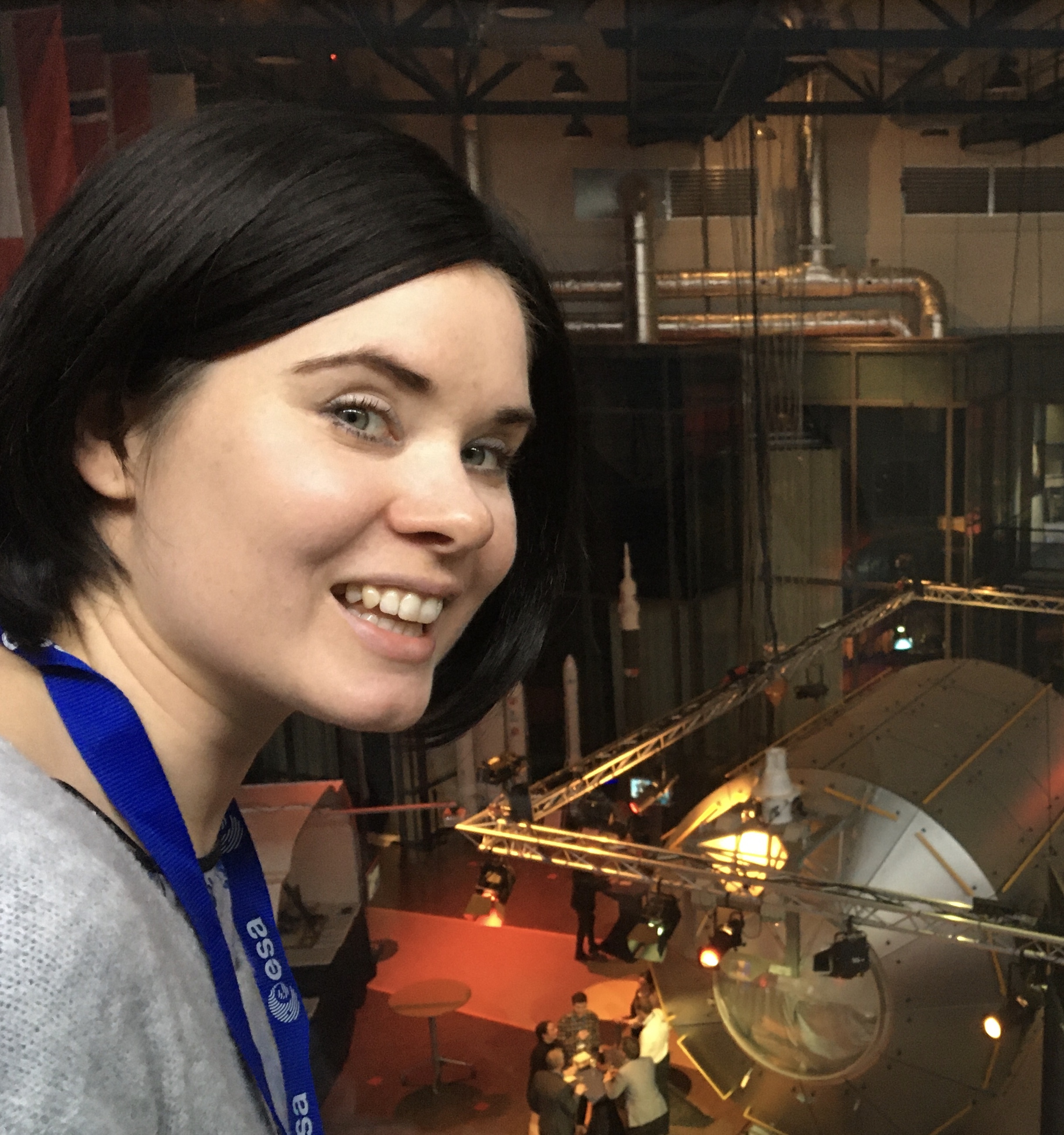Satellites watch Europe dry up in devastating drought that may be the worst in 500 years
It's the continent's worst drought since the Middle Ages.

The last time Europe suffered from a drought as severe as the one it is experiencing in the summer of 2022 was before the first colonists settled in America.
Earth-observing satellites have been delivering a disconcerting stream of images to Europe's climate change researchers over the past months. Water levels in some of the continent's mightiest rivers including the Rhine, Danube and Po have dropped so low that the waterways had to close for traffic. Notoriously rainy countries, such as the U.K., have not seen a drop of rain in months, turning the landscape into a wildfire-prone tinderbox.
According to the European Union's environmental program Copernicus, the drought of 2022 may be the worst the continent has experienced in 500 years. At the peak of the dry spell in late August, 47% of the European territory suffered from a "soil moisture deficit" with 17% of the territory experiencing "vegetation stress due to the soil moisture deficit." The drought, Copernicus said, has affected many sectors including agriculture, transport and energy generation.
Related: Europe hits record-high temperatures as satellites track heat wave from space
Some European countries, including Spain, Netherlands, France and the U.K., have instated water rationing measures like limits on daily water consumption and prohibitions on car washing.
The satellite data shows that only northern Scandinavia and the easternmost regions of Europe have escaped the drought. Copernicus program personnel wrote in a tweet that although "the data has not yet been analyzed and the summer is not yet over, the drought that is currently affecting Europe could possibly be the worst in 500 years."
If the analysis holds up, the summer of 2022 would be the driest since the the mega-drought of 1540, which apparently was caused by an 11-month-long rainless spell and a period of temperatures 9 to 13 degrees Fahrenheit (5 to 7 degrees Celsius) warmer than the European averages in the 20th century, according to Swiss historian Christian Pfister.
Get the Space.com Newsletter
Breaking space news, the latest updates on rocket launches, skywatching events and more!
Follow Tereza Pultarova on Twitter @TerezaPultarova. Follow us on Twitter @Spacedotcom and on Facebook.
Join our Space Forums to keep talking space on the latest missions, night sky and more! And if you have a news tip, correction or comment, let us know at: community@space.com.

Tereza is a London-based science and technology journalist, aspiring fiction writer and amateur gymnast. Originally from Prague, the Czech Republic, she spent the first seven years of her career working as a reporter, script-writer and presenter for various TV programmes of the Czech Public Service Television. She later took a career break to pursue further education and added a Master's in Science from the International Space University, France, to her Bachelor's in Journalism and Master's in Cultural Anthropology from Prague's Charles University. She worked as a reporter at the Engineering and Technology magazine, freelanced for a range of publications including Live Science, Space.com, Professional Engineering, Via Satellite and Space News and served as a maternity cover science editor at the European Space Agency.









